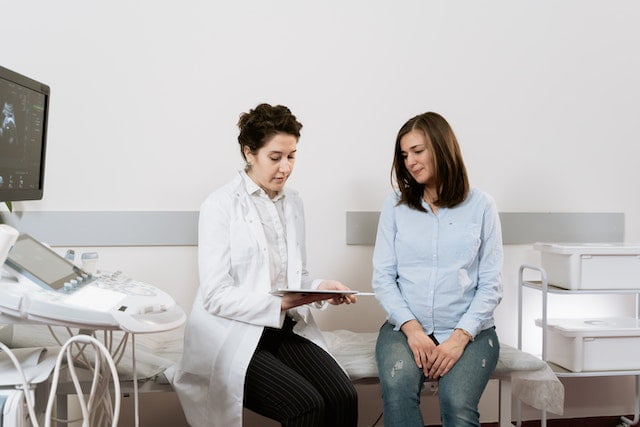
Understanding Women’s Health Issues: Prevention, Treatment, and Management
Women’s health issues encompass a wide range of concerns, from reproductive health to mental health. It’s important for women to understand these issues and know how to prevent, treat, and manage them. Here are some common women’s health issues and strategies for prevention, treatment, and management:
1. Breast Cancer
Breast cancer is one of the most common cancers in women. Early detection is key to successful treatment. Women should perform regular self-exams and get regular mammograms as recommended by their healthcare provider. Treatment options for breast cancer include surgery, radiation therapy, and chemotherapy.
2. Osteoporosis
Osteoporosis is a condition that weakens bones and increases the risk of fractures. Women are at higher risk for osteoporosis than men, especially after menopause. Prevention and management strategies for osteoporosis include a diet rich in calcium and vitamin D, weight-bearing exercise, and medications that help build bone density.
3. Menopause
Menopause is a natural part of aging when a woman’s menstrual cycle stops. Menopause can cause symptoms such as hot flashes, mood swings, and vaginal dryness. Hormone replacement therapy (HRT) can help relieve these symptoms, but it’s important to discuss the risks and benefits with a healthcare provider.
4. Urinary Tract Infections (UTIs)
UTIs are common in women and can cause pain and discomfort during urination. Prevention strategies for UTIs include drinking plenty of water, wiping from front to back after using the restroom, and urinating after sex. Treatment options for UTIs include antibiotics.
5. Heart Disease
Heart disease is the leading cause of death among women in the United States. Risk factors for heart disease include high blood pressure, high cholesterol, and a family history of heart disease. Prevention strategies include a healthy diet, regular exercise, and managing other health conditions such as diabetes.
6. Mental Health
Mental health is an important aspect of women’s health. Women are at higher risk for depression and anxiety than men. It’s important for women to seek help if they are experiencing symptoms of depression or anxiety. Treatment options include therapy, medication, and lifestyle changes.
7. Polycystic Ovary Syndrome (PCOS)
PCOS is a hormonal disorder that can cause irregular periods, acne, and weight gain. It can also increase the risk of type 2 diabetes and heart disease. Treatment options for PCOS include lifestyle changes such as diet and exercise, hormonal birth control, and medications that help regulate insulin levels.
In conclusion, women’s health issues are varied and complex, but there are many strategies for prevention, treatment, and management. Women should prioritize their health and work with their healthcare providers to address any concerns and develop a personalized plan for optimal health. Regular check-ups, screenings, and open communication with healthcare providers are key to maintaining good health.
keywords: Women’s health, Breast cancer, Osteoporosis, Menopause, Urinary tract infections, Heart disease, Mental health, Polycystic ovary syndrome, Prevention, Treatment, Management, Healthcare provider, Screenings, Hormone replacement therapy.



